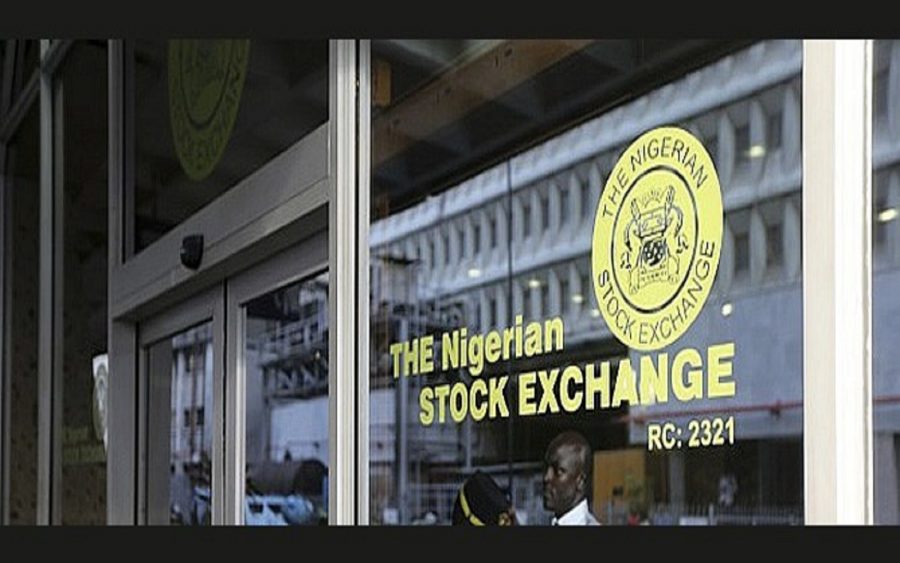The value of Nigerian stocks bought by foreign investors dropped from N1.22 trillion in 2018 to N942.55 billion as at the end of 2019, as hope for reforms that could boost the Africa’s biggest economy fizzled.
Report from the Nigerian Stock Exchange confirmed that more than half of the N942.55 billion transactions were recorded for sale of stocks.
What it means: Investors increased the pace of outflows last year after President Muhammadu Buhari took office for the second term but failed to appoint a cabinet until months later.
Funds sold out of the banking, consumer and oil sectors as capital flight worsened, piling pressure on the naira.
[READ ALSO: Africa-focused venture capital firm hosts summit to boost female representation in tech]
The International Monetary Fund (IMF) has projected that Nigeria’s economy would growth at 2.5% this year and next.
Similar to stocks, investors also cut their participation in Nigerian government bond auctions last year. Instead, they piled into treasury bills supported by central bank’s policies.
A stockbroker, Funso Oluwole, explained that the President has pursued protectionist policies since he took over office in 2015, a development he said does not help the economy and scare some foreign investors.
He said, “Introducing policies that curb imports to boost local production is a good one but backing a currency intervention that has seen the central bank pump billions of dollars into the foreign exchange market will not last long.
“With the modest increase in the National Minimum Wage still yet to take effect, the CBN simply cannot continue to defend the Naira at current levels. I expect the government to be forced into the hard choice of devaluing the currency sometime within the first half of 2020.“
[READ ALSO: Nigerian stocks close 2019 with massive losses for the second year running]
The stock index has risen 10.2% so far this year, to rank as one of the world’s best performing, thanks to higher oil prices and as domestic funds pile into stocks after last year’s ban from central bank’s high-yielding bills market. The index shed 14.6% in 2019.
Chief Executive Officer, NSE, Oscar Onyema, told Nairametrics that he expects a new law, which grants tax incentives to capital market investment and the implementation of the country’s 2020 spending plan, to boost corporate earnings and consumer spending.
“The year 2020 has started on a good note, with the NSE ASI recording a 9.41% improvement year-to-date as at January 10. We intend to work closely with our stakeholders to sustain this growth trajectory.
“As African Champions, we will maintain momentum in executing the NSE’s 2018 – 2021 Corporate Strategy in our efforts to elevate the prominence of Africa’s global financial markets.
“In its aspiration to become a more agile and demutualized exchange, and pursuant to the SEC’s ‘No Objection’ rule, The Exchange will proceed to the next steps which include seeking formal approval from its members on demutualization Scheme,” he said.














Nigeria should look for experts that can manage the economy not devaluation. The economic team should employ the service of the best brains